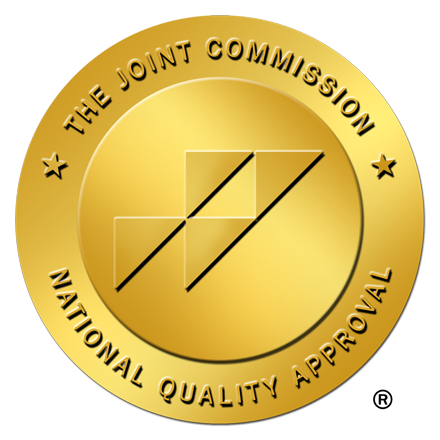Questions? Call for Help Now
Dissociative Identity Disorder (DID) is a product of severe trauma either in childhood or throughout life.
Because DID is a unique and nuanced disorder, it requires specialization to treat. The team at Alter uses a combination of modalities and interventions to help address the various contributing factors related to DID as well as cope with the diverse range of symptoms that may arise as a result of the diagnosis.

Alter helps minimize the symptoms of memory loss, dissociation, and mood instability while treating any co-occurring disorders like depression and PTSD.
DID clients usually admit at crisis stabilization (CS) or residential (RTC) centers and then continue on to partial hospitalization (PHP) and then intensive outpatient program (IOP).

We prioritize treating both the symptoms and potential causes of DID in order to get better results for our clients.
We are highly trauma-informed with three therapists who provide trauma therapy specifically, including EMDR and/or brainspotting, which has been shown to help with treatment for DID.
Call Now for Program Availability
Contact our admissions team to learn about our programs and to check availability at our facilities, or submit your insurance to verify coverage.

“After going to several behavioral programs, Alter Behavioral Health was by far the best in-patient facility I’ve ever been to. They have a great clinical team and therapist that make a difference. I highly recommend the program to anyone struggling with mental health.”
– Megan C.
Living with someone who has Dissociative Identity Disorder (DID) can be extremely taxing on family dynamics. The presence of different “alters” with unique personalities can put a strain on all members of the family, causing confusion and fatigue. Addressing these challenges requires open communication, understanding, and support within the family unit, alongside professional therapy to help both the individual with DID and their loved ones navigate these complexities and build healthier relationships.


Because mental illness impacts the entire family, we prioritize keeping the family in the loop at every step of the process. Depending on what the client allows us to share, we provide progress updates on symptoms and medications, in addition to resources for the family so they can better understand their loved one’s condition and how to support them.
Dissociative identity disorder (DID) is where an individual has developed two or more distinct identities, also called personalities, typically resulting from a history of severe childhood trauma. The dissociated state that accompanies alternate personalities is unwanted and involuntary. Dissociation is the body’s way of coping with intolerable conditions.
DID used to be known as multiple personality disorder. The current science surrounding DID considers advances in our deeper understanding of the symptomology, where the person’s dissociative state is largely mentally and emotionally detached from the alternate personalities, feeling as if their alter-personalities are taking over, and the patient is passively observing how the prominent personality interacts. Most people with DID suffer from depression and extreme anxiety. Their condition is often accompanied by hallucinations of any or all of the senses.
DID is usually the result of overwhelming childhood trauma or stress. Most often, it is directly resulting from physical, sexual, and/or emotional abuse, but also neglect. Some individuals who develop DID have experienced an important early loss or suffered a serious, traumatic medical illness.
In place of the typical biological childhood development, they learn to integrate complex information and experiences they cannot process into distinct personalities that help them cope by compartmentalizing the experience. Sexual and physical abuse that occurs during development disrupts a person’s natural growth into a single identity, including the need to trust the parent or caregiver who is usually the abuser.
They experience trauma as a result of betrayal from caretakers. The individual becomes separated from the emotional and mental pain as personalities stand in their place, causing a sense of lost time and fragments of life experiences they can’t remember.
Medications such as antidepressants, anti-psychotics, and anti-anxiety treatments are often prescribed to help with accompanying symptoms but not as a cure for DID. There are no medicines to treat DID directly.
Recognizing alters switching can involve sudden changes in behavior, speech patterns, or mannerisms. Your loved one may seem disoriented or confused. During transitions, stay calm, reassure them, and provide grounding techniques like deep breathing or focusing on the present moment.
Create a consistent routine, minimize stressors, and foster open communication. Educate yourself about DID and advocate for your loved one’s needs. Encourage self-care and offer practical assistance when needed.
Call Now for Program Availability
Contact our admissions team to learn about our programs and to check availability at our facilities, or submit your insurance to verify coverage.
We accept most major insurance providers including the ones displayed here.
Submit your insurance to confirm coverage.










We accept most major insurance providers including the ones displayed here.
Submit your insurance to confirm coverage.




















Our facilities have been awarded prestigious recognition and certifications by adhering to rigorous guidelines and exceeding quality standards with consistent, safe & effective healthcare services.


We are on a mission to improve the lives of people with mental health conditions.
34270 Pacific Coast Hwy
3rd Floor
Dana Point, CA 92629
Questions? Call now to speak confidentially with an admissions counselor.